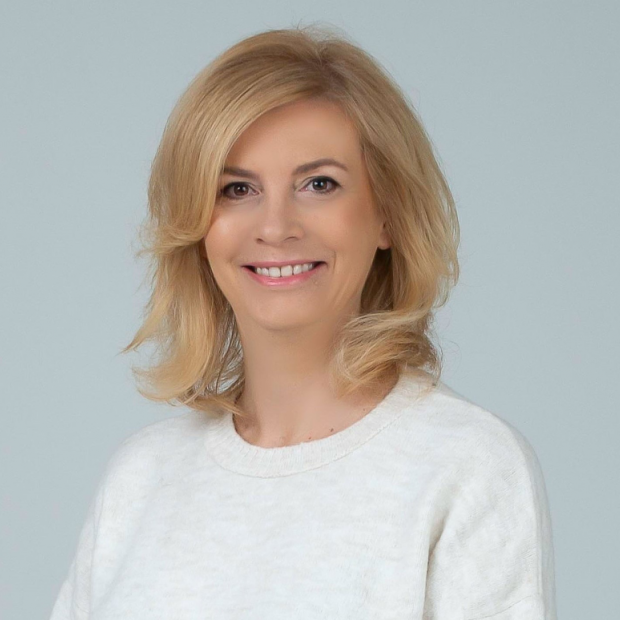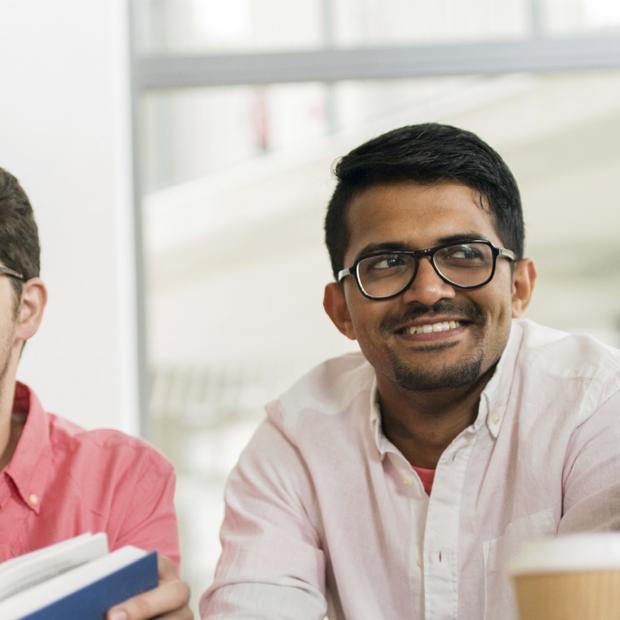Doctoral thesis investigated how different data and technologies can support the analysis of learning process both in physical and online spaces
Maka Eradze from the School of Digital Technologies at Tallinn University defended her doctoral dissertation, in which she explored how different technologies are useful to analyse learning processes and evaluate educational innovation.

When we study online or use different technologies in the classroom, we interact with teachers, peers or the learning environment. This leaves interaction traces that are automatically collected and can be useful to analyse learning processes. The learning process is mostly blended and we also interact in physical spaces. That’s why it’s important to analyse different data.
Doctoral thesis of Maka Eradze investigated intersection of learning spaces and data coming from these processes by putting automated data (logs) together with human-mediated data (classroom observations). Maka Eradze’s research has systematically aligned three research fields: classroom observations, learning analytics and learning design.
She developed conceptual and technological solutions to enable data collection and analysis from physical and online learning spaces. Eradze developed different contributions and designed an application Observata, which aim is to monitor events and activities during school lessons.
„The app aggregates systematic classroom observation data with semi-automated means and visualises them on a dashboard, contextualised in classroom activities,“ Eradze explains.
The main finding from Maka Eradze thesis is that the need for mixed, across spaces data sources from blended learning contexts, can be mitigated by aligning two methodological paradigms (modern and traditional) through the observations of across spaces learning interactions. „Moreover, aligning classroom observations and learning design (a predefined, documented lesson plan) at the data gathering and analysis stage can help data collection and contextualisation for analysis and sense-making.“
Eradze’s research has practical implications for school and innovative classroom practices. For example the Observata app is being adopted and used in different contexts and countries and is a useful tool to analyse innovative classroom practices.
The doctoral dissertation of Maka Eradze from the School of Digital Technologies at Tallinn University is titled "Learning interactions across spaces: a framework for contextualised multimodal observations". Public defence took place on May 22 in Zoom.
Supervisors are Senior Researchers Mart Laanpere and María Jesús Rodríguez-Triana from the School of Digital Technologies at Tallinn University. Opponents are Readers Dr. Yishay Mor and Dr. Manolis Mavrikis at University College London.
The doctoral thesis is available in Tallinn University Digital Library ETERA.


